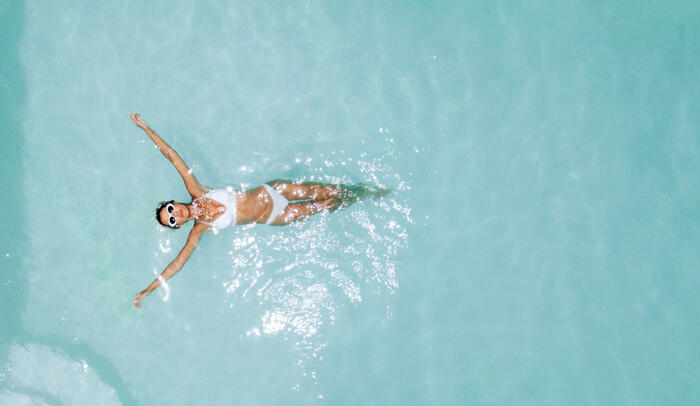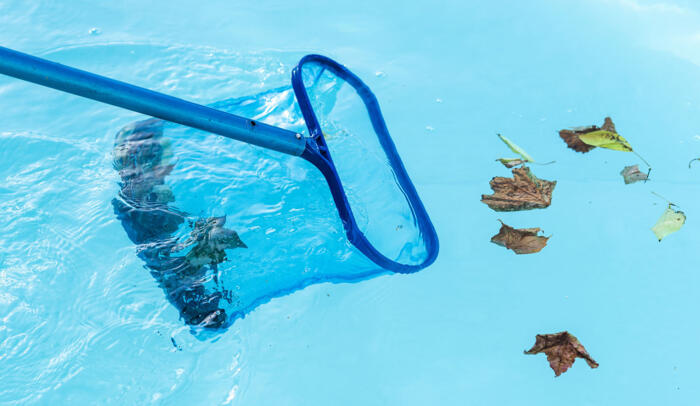Biocide regulations swimming pool salt changed
Careful: as a result of the amended European regulations on biocides you had better watch out carefully which kind of swimming pool salt you use. From now on, only salt that comes with a notification number (which means it has been officially approved by the Belgian Government) is allowed. The new biocide directive also covers swimming pool salt that is used to make chlorine in situ.

For swimming pool applications, salt that has been enriched with an anti-caking agent (E536 or E535) – such as vacuum salt – can no longer be used.
What are biocides?
Europe has had strict regulations on biocides for longer than today. Biocides are products that are committed to eliminate harmful organisms and are chiefly intended for domestic use: insect repellents, algaecides, mouse poison, disinfectants, fungicides, … All of which are products that are part of the biocide category.
Until recently, regulations for ‘precursors’ – products that are used as raw materials for other products – were quite vague. This has now changed. Since 2014, swimming pool salt that is used to make chlorine on the spot, is also covered under the Biocide Directive 528/2012.
New European standard
A new standard has recently been introduced for the treatment of swimming pool water with an electro chlorinator. This standard (EN 16401) establishes which requirements the swimming pool salt needs to meet in terms of composition, purity, moisture content and packaging.
For swimming pool applications, salt that has been enriched with an anti-caking agent (E536 or E535) – such as vacuum salt – can no longer be used.
Seal of approval: POOLSEL® swimming pool salt
POOLSEL®, made from very pure sea salt, is free from additives and anti-caking agents, has a notification number and complies with the EN 16401 standard. This efficient swimming pool salt prevents algae and guarantees enhanced swimming comfort.


